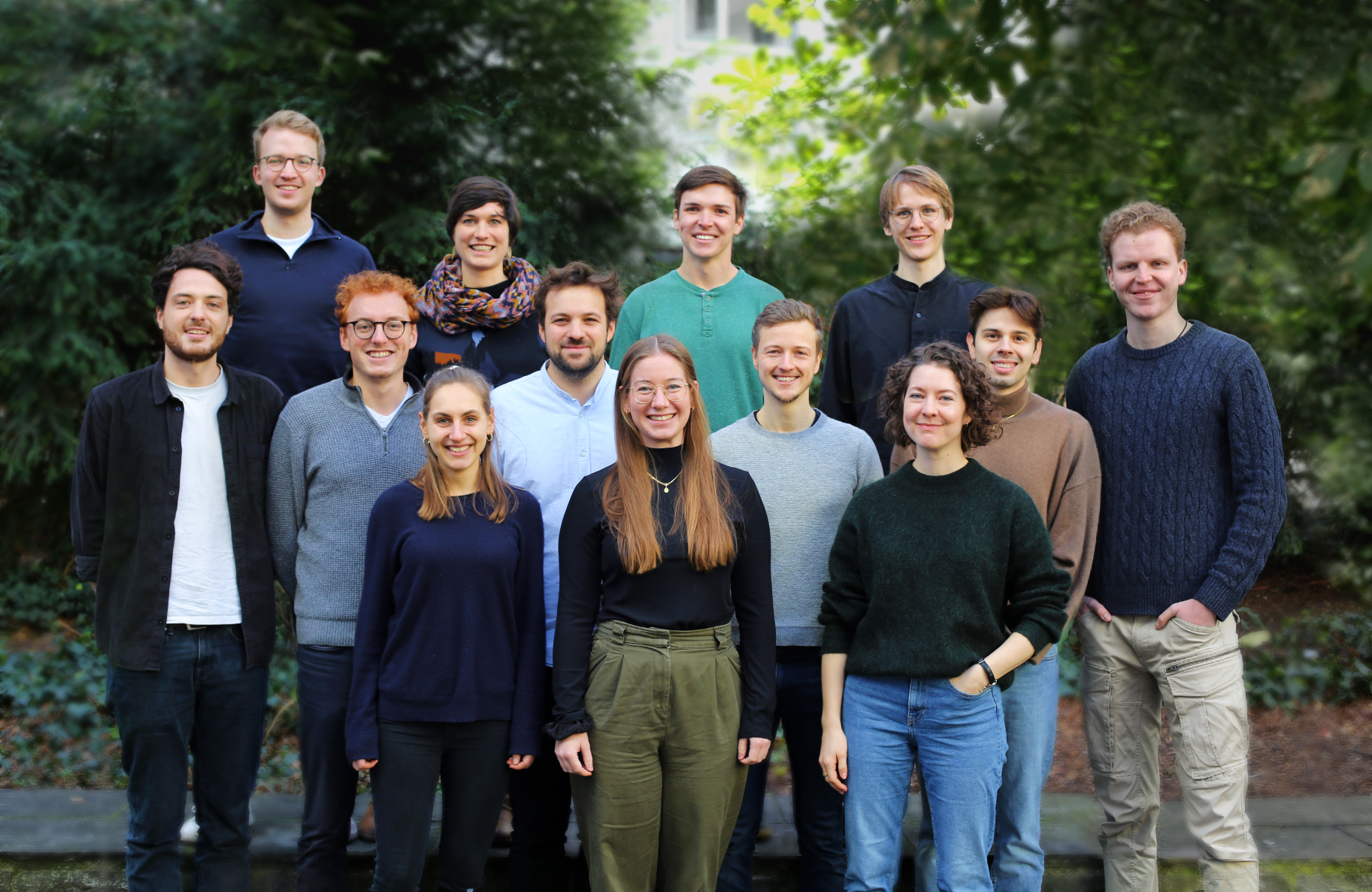A Q&A with Dr. Biermann of Pina Earth
Today, living trees store the most carbon, which is why forests continue to be one of the biggest carbon sinks (7.6B metric tons of carbon dioxide per year). All over the world, forest managers and their offset projects bring meaningful GHG emissions reductions and real economic value that start-ups are actively unlocking.
Shared Future Fund portfolio company, Pina Earth, offers high-quality carbon credits from local forests in Europe to turn monocultures into climate-resilient mixed forests. To date, the platform has successfully financed forest adaptation measures covering over 3 million square meters through the sale of carbon credits.
Earlier this month, they announced a rare partnership with AirBnB to integrate their product into the booking process. Pina Earth is bringing climate action closer to the end customer by enabling them to contribute to local forest ecosystems in the communities where they will be staying.
We sat down with the Co-Founder and CEO, Dr. Gesa Biermann, to chat more about the recent partnership, her advice for founders looking to strike similar deals, and her long-term vision for how the private sector can work together with regulators to shape the voluntary carbon markets in Europe.
Can you tell us about your most recent partnership with AirBnB? How did it come about and what are your hopes for continued collaboration?
Our partnership with Airbnb is an exciting development for Pina Earth. The initial contact came through our partnership with Squake, a carbon management platform focused on the travel and logistics sector. Airbnb was looking for a way to support local climate initiatives in Europe. They started a pilot program, educating their guests about their carbon footprint and enabling them to support sustainability projects when booking on Airbnb. The climate contribution tool has now already been used by more than 40,000 customers, a great achievement!
Through this initiative, Airbnb guests have the opportunity to support high-quality climate projects in Germany. We’re very proud that Airbnb recognized the value that our projects bring to both local forest ecosystems and their customers. Pina Earth’s forest adaptation projects store additional carbon by making forests biodiverse and climate-resilient against increased heat, storms, and droughts. With over 20 million m2 of forest adaptation projects under management, we’re the market leader in Germany.
Airbnb’s commitment to our partnership not only brings visibility to our projects but also showcases how a successful commitment to local sustainability initiatives can look like. In addition to the climate contribution tool that Airbnb offers to their guests, they invested another €250,000 in the projects themselves. We’re looking forward to a continued, long-term partnership with Airbnb that can set a benchmark for corporate climate action in many industries worldwide.
What advice do you have for startups interested in establishing breakout enterprise partnerships?
Establishing an enterprise partnership can require endurance on the startup’s part. My advice is to keep in touch regularly and make sure you have a clear picture of the decision-making process and the actual needs of the business. Ensure that the value you bring to the partnership targets the company’s needs and is communicated well. Clearly demonstrate how your solution can add value and help them achieve their sustainability targets.
What can shorten the decision-making process is looking for thought leaders. Airbnb is an early mover in the climate space. They were actively looking for scientific and robust climate projects in Europe and did not need convincing that corporate climate action is important.
My last piece of advice is to look for partners who align with your mission as they are more likely to value what you bring to the table. Again, for Airbnb, we are aligned with our core mission of using a technology-driven approach tailored to the needs of local communities.
How do you think partnerships can be a tool for building trust with regulators as they decide the rules of the road for voluntary carbon markets in Europe in the coming years?
Partnerships are crucial in the voluntary carbon market, not only for building trust with regulators, but also, for joining forces in our fight against climate change. We need every idea and commitment we can get to solve the climate crisis. This includes driving awareness and education within the broad public, working on legal frameworks and laws with policymakers, and supporting businesses with their sustainability strategies.
All these efforts can help build trust with regulators and engage with them when deciding on the rules for the coming years. Engaging in partnerships with third-party auditors and certification bodies, like TÜV NORD in our case, can further reinforce the credibility of climate action. Additionally, participating in industry associations and dialogues with regulators can help ensure that the emerging rules are practical, enforceable, and beneficial for all stakeholders involved in the voluntary carbon markets.
We also ensure that our work at Pina Earth follows robust scientific standards and methodologies that will align with potential regulations. As a startup, we can react to challenges quickly and gain speed compared to incumbents when new regulation comes into force.
